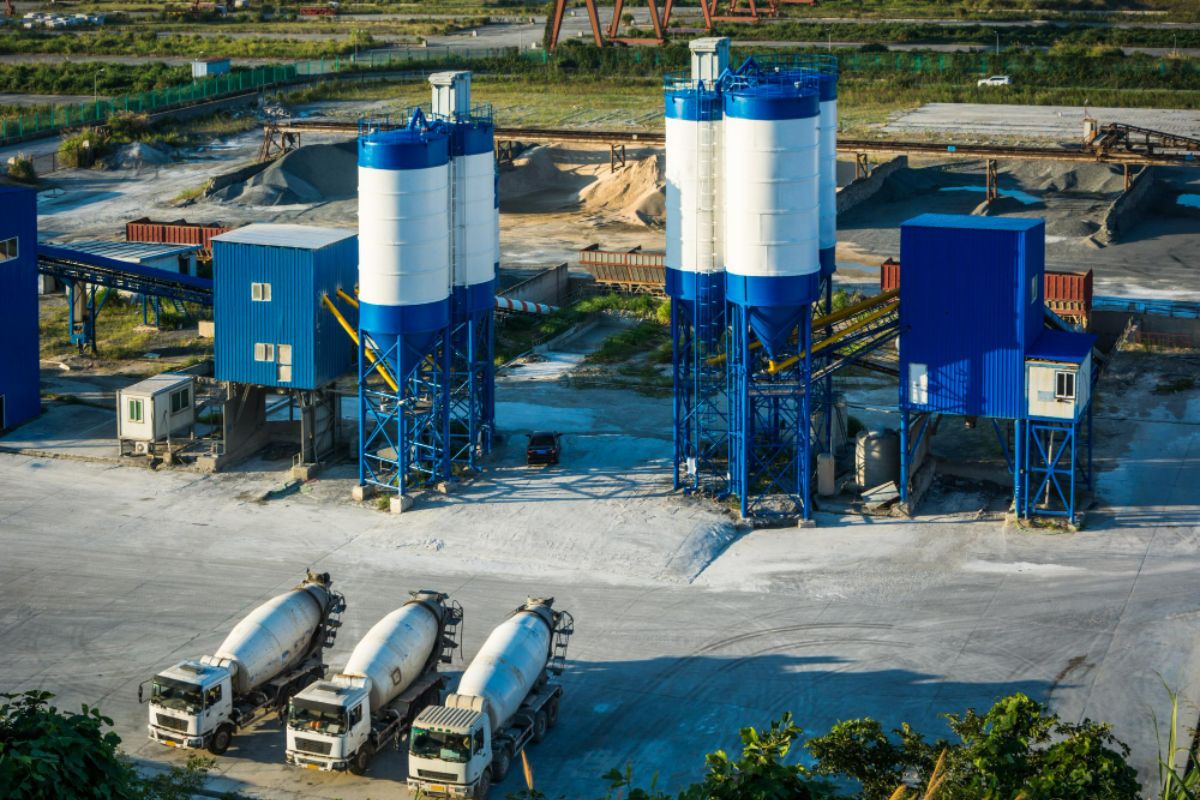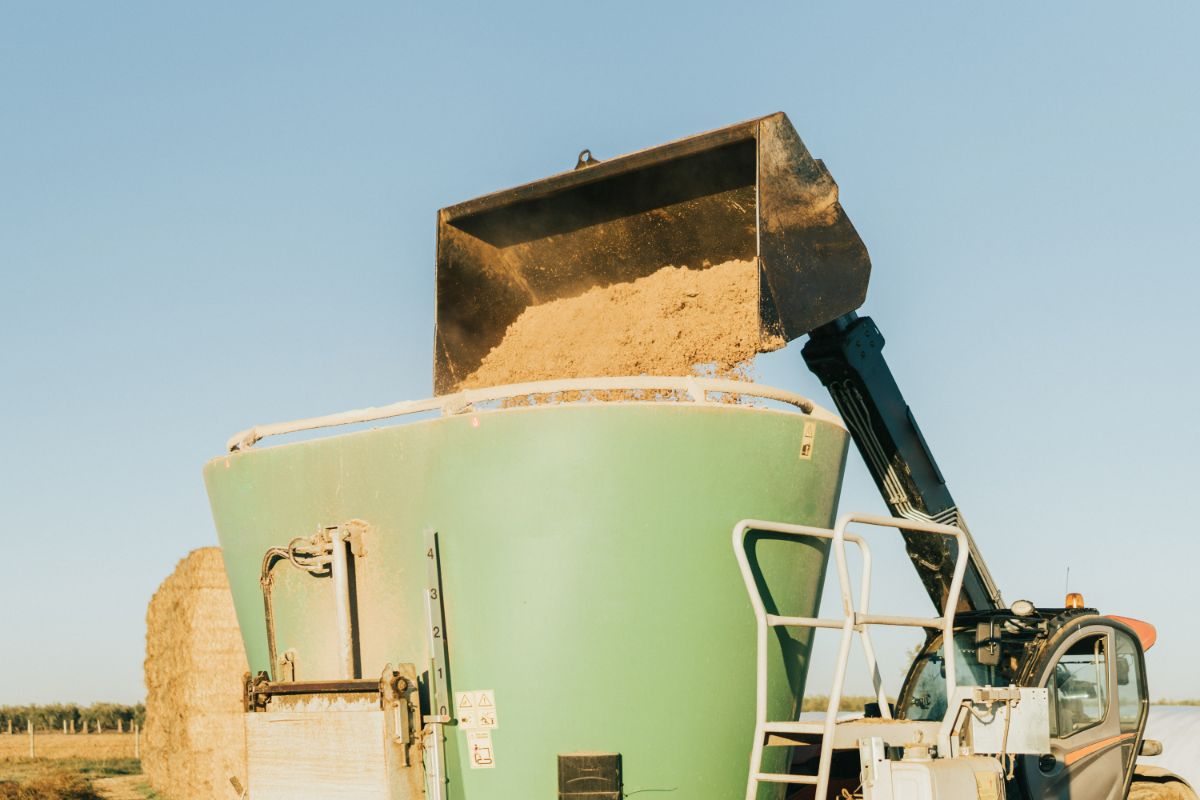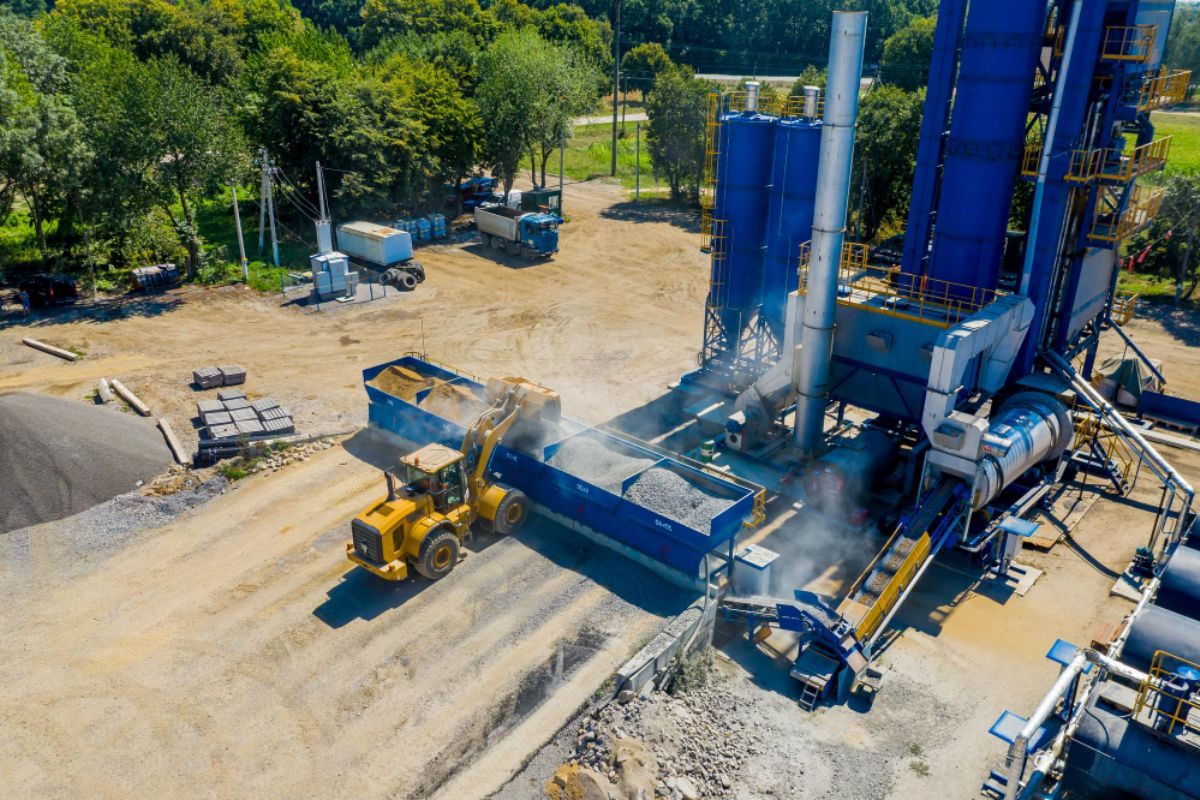

Overview
- Batching plants are vital in construction, but workers face multiple hazards if safety measures are lacking.
- Common hazards at batching plants include dust inhalation, fall risks, fire hazards, heavy machinery dangers, and exposure to hazardous materials.
- Implementing best practices such as pre-start checks, proper material handling and storage, effective communication, continuous monitoring, and improvement is crucial for a safe batching plant operation in the Philippines.
Batching plants are essential components of the construction industry, providing the concrete necessary for various projects. Their operation also involves numerous processes that can expose workers to multiple hazards. If workers remain in the dark about what these risks are and the company lacks preventive measures, it can lead to serious accidents, health issues, and even fatalities.
In this article, we will guide you through everything you need to know about batching plant safety in the Philippines, and how you can implement effective safety measures to protect your workforce and ensure a safe and efficient operation.
From the moment operations begin, employees are exposed to a multitude of hazards. Understanding these risks is the first step toward implementing effective safety measures.
Here are just some of the most common examples you should take note of:
Dust generated during the mixing and handling of materials can pose serious respiratory health risks to workers. Prolonged exposure to concrete dust, which contains silica, can lead to respiratory diseases like silicosis. This condition is concerning because it can develop over years of exposure, often without immediate symptoms.
Remember, the health and safety of your employees should always be a top priority. That’s why regular training on the importance of wearing appropriate personal protective equipment (PPE), such as masks and respirators, is just one of the many ways you can further enhance safety in your batching plants.

Batching plants pose fall risks due to elevated work areas like platforms and equipment. Falls can be catastrophic, resulting from inadequate safety measures such as missing guardrails, slippery surfaces, or improper equipment use.
Here are some ways you can prevent this from happening:
The presence of flammable materials, such as fuel for machinery and chemicals used in concrete production, increases the risk of fire. Without proper fire safety protocols, a small spark can escalate into a significant incident, endangering lives and property.
Here are some examples of what might cause this:
Training workers on fire prevention and emergency response procedures can help mitigate these risks. Regular fire drills can also help ensure that employees know how to react in case of a fire, reducing panic and confusion during an emergency.

Working around heavy machinery in a batching plant can be pretty dangerous. Imagine huge, powerful machines with moving parts like mixers, conveyors, and crushers. These can cause serious injuries if the workers are not careful. They could get caught in them, crushed, or hit by flying objects.
That’s why it’s crucial to have rules in place to mitigate these risks. These include regular machine check-ups, training workers on how to use the equipment safely, and making sure everyone wears the right protective gear. By taking these steps, you can create a safer workplace for everyone.
Batching plants use chemicals to make concrete. These chemicals can be harmful if not handled correctly. Keep them safe and away from people. Here are some of their examples:
To protect your workers and the environment, you should follow specific rules for storing and getting rid of these chemicals. Make sure everyone knows how to handle them safely and wears the right protective gear, like gloves and goggles. Teaching your workers about the dangers of these chemicals will also help in keeping everyone safe.
A safe batching plant operation is essential for protecting workers, the environment, and the overall efficiency of your business. By implementing these best practices, you can significantly reduce the risk of accidents and create a positive safety culture within your organization.
Regularly inspecting equipment, machinery, and safety systems is crucial for preventing accidents. This includes checking for wear and tear, leaks, and any other potential hazards. A thorough pre-start inspection can identify and rectify issues before they escalate into more serious problems.
The safe handling and storage of materials are also important for preventing accidents and injuries. This involves using appropriate equipment, securing materials to prevent falls, and following proper lifting techniques. Proper storage also helps to prevent fires, spills, and other hazards.
Clear and consistent communication is essential for a safe workplace. Providing clear instructions, training employees on safety procedures, and using appropriate signage to warn of hazards, are just some of the effective ways of doing this. This helps ensure that everyone understands their role in safety.
Safety is an ongoing process. That’s why it’s important to do these preventive measures regularly and with proper monitoring. This way, you know what works and what needs to be improved and focused on. By doing so, you can create a culture of safety within your organization.
Batching plant safety in the Philippines is not just a regulatory requirement; it is a fundamental aspect of operational efficiency and worker health. By understanding common hazards and implementing best practices, your company can create a safer working environment.
Ensure the success of your construction projects with Big Ben, your trusted source for reliable and efficient ready mix concrete solutions in the Philippines. Our state-of-the-art batching plants are designed with advanced technology that adheres to stringent safety protocols, ensuring that your concrete is mixed to perfection while safeguarding the well-being of our workforce. Partner with us today to experience the difference in your construction projects!